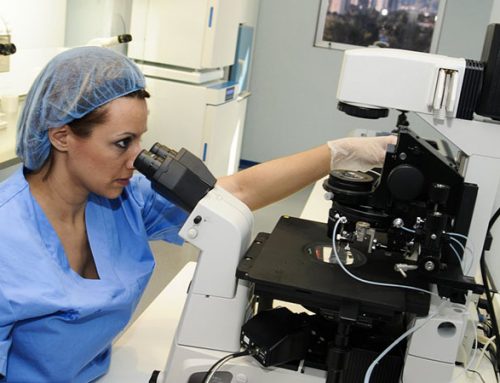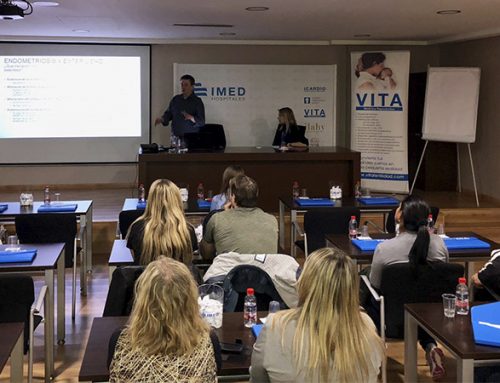Nowadays, thousands of couples undergo assisted reproduction techniques. Treatments that have a high rate ofefficiency, but that involve a large procedure that, because of the emotional and physical involvement thatrequires, can affect deeply the patient’s mood.
Women normally suffer more the Assisted Reproduction treatments and, are the ones that need more support. Luckily in VITA, we have experts in Psychology that can deal and give support to patients that need it.
Which is the role of the psychology expert in an assisted reproduction treatment?
Our psychologist, Rafael Diaz Sanchez, outlines the next benefits of the psychological intervention:
- Normally, to be treated by a psychologist is a positive experience for women that are under an Assisted Reproduction Treatment to strengthen and influence in a positive way through the third generation of Behavioral Cognitive Therapies.
- Psychologists treat patients that are under an Assisted Reproduction treatment and ask forpsychological attention, but it is recommended to everybody that is going to have children with donated gametes because of the emotional burden that implies this decision.
- It is important to eliminate false myths and work against the magical thought and reinforce it with techniques of Behavioral Cognitive Therapy.
- The role of physiology is essential in one of the most difficult moments that a couple can undertake that are searching for help to have children, in this case, when you have to help with the grief, to support them when the decision is not to have children or choose to adopt.
- In almost all the studies that we show now the efficiency of psychological intervention in at leastone of the emotional variables (anxiety, depression, low self-esteem…) and in the general psychological wellness increase. Moreover, with psychological advice and intervention, we achieve that couples that have to deal with this situation, have a better experience in the process and know how touse their personal and social resources so their mood is not so affected.
Studies about psychological intervention in assistedreproduction treatments
Some of these studies are:
- (Golombok, 1992); to develop strategies of positive facing, search Information and makes action plans, it is related in a positive way with a good sterelity adaptation.
- (Domar et al, 2000, Lemmens et al, 2004); through behavioral and relaxing medicine programs achievethe stress reduction levels experienced by infertile couples.
(Guerra, 1994) decrease of anxiety is observed and increase of satisfaction level with the treatment of patients that have psychological support therapy compared with couples that don’t have it. - (Domar, Siebel and Benson, 1990, Domar et al., 1992, Domar, Zuttermeister and Friedman,1999,Tuschen-Caffier et al., 1999), benefits of psychological intervention:
- Anxiety level reduction, stress and depression.
- More emotional self-control
- More behavioral self-control to face negative thinking, anticipate defeats and reevaluate them
- Self-esteem reinforce
- More optimism and cooperation on the treatment
- Confidence increase and communication with the medical team
- Improving on couple relationship problems caused by treatments.
- Increasing quality of life perception and personal wellness.
- Increasing the control perception regarding a liability following of the treatments.
- To take suitable decisions and a better implementation of the patients in all medical process.
- Prevention and improvement of the psychological mismatch when the infertility situation is extended.
To sum up:
The psychological support for patients under Assisted Reproduction treatments is translated in a less abandonment rate of the treatments and a biggest rate pregnancy and live new borns (Domar et al., 2000, Dolzand García, 2002), regarding patients and couples that follows the medical attention normally without any kind of psychological intervention.
Rafael Diaz Sánchez
Psychologist in IMED Hospitals







